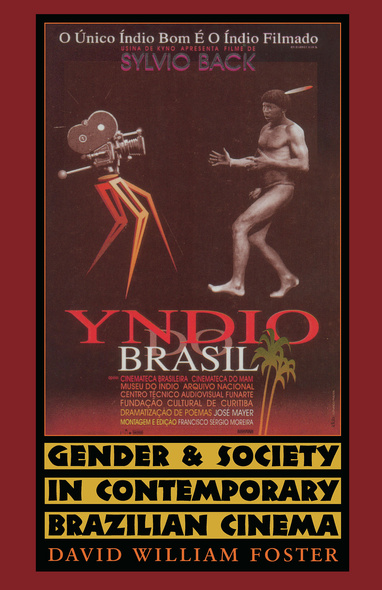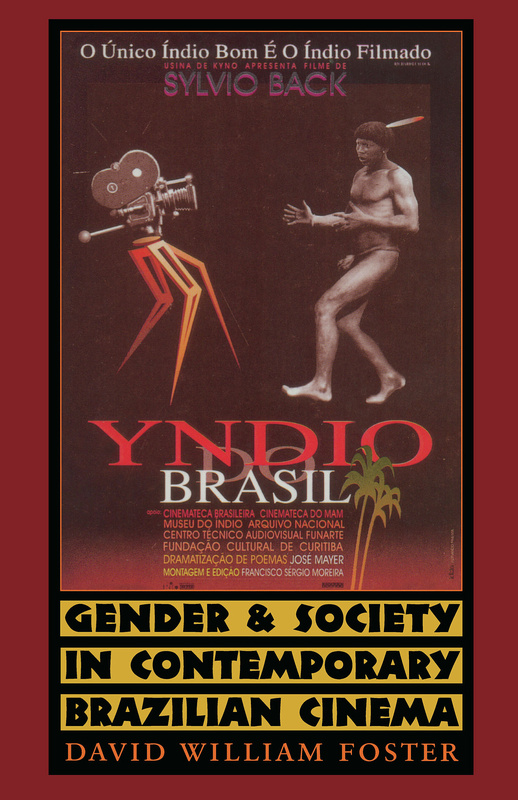Gender and Society in Contemporary Brazilian Cinema
"Gender is an absolute ground zero for most human societies," writes David William Foster, "an absolute horizon of social subjectivity." In this book, he examines gender issues in thirteen Brazilian films made (with one exception) after the 1985 return to constitutional democracy and elimination of censorship to show how these issues arise from and comment on the sociohistorical reality of contemporary Brazilian society.
Foster organizes his study around three broad themes: construction of masculinity, constructions of feminine and feminist identities, and same-sex positionings and social power. Within his discussions of individual films ranging from Jorge um brasileiro to A hora da estrela to Beijo no asfalto, he offers new ways of understanding national ideals and stereotypes, sexual dissidence (homoeroticism and transgenderism), heroic models, U.S./Brazilian relations, revolutionary struggle, and human rights violations. As the first study of Brazilian cinematic representations of gender ideology in English or Portuguese, this book will be important reading in film and cultural studies.
This book provides an excellent overview of gender, feminist, and queer theoretical formulations and their application to Brazilian cinema within a sociohistorical framework. It will be of interest to students of gender issues, Latin American culture, and film.
David William Foster (1940–2020) was Regents' Professor of Spanish at Arizona State University.
- Acknowledgments
- Introduction
- 1. Constructions of Masculinity
- Jorge um brasileiro
- Lamarca
- Ópera do malandro
- O boto
- Capitalismo selvagem
- Yndio do Brasil
- 2. Constructions of Feminine and Feminist Identities
- A hora da estrela
- Eternamente Pagu
- Que bom te ver viva
- Bananas Is My Business
- 3. Same-Sex Positionings and Social Power
- Barrela
- O beijo no asfalto
- Vera
- Conclusions
- Notes
- References
- Index






